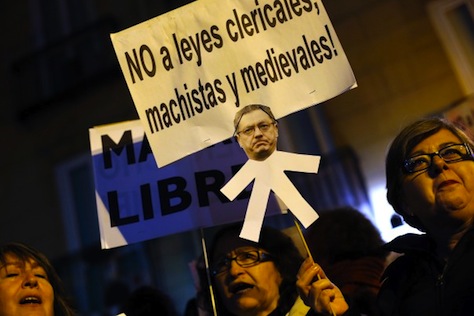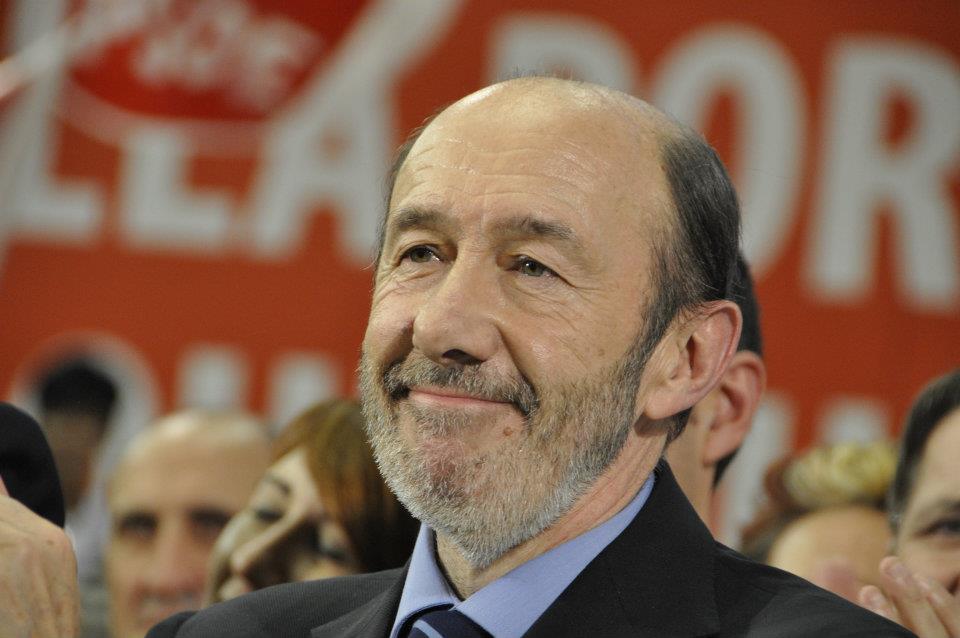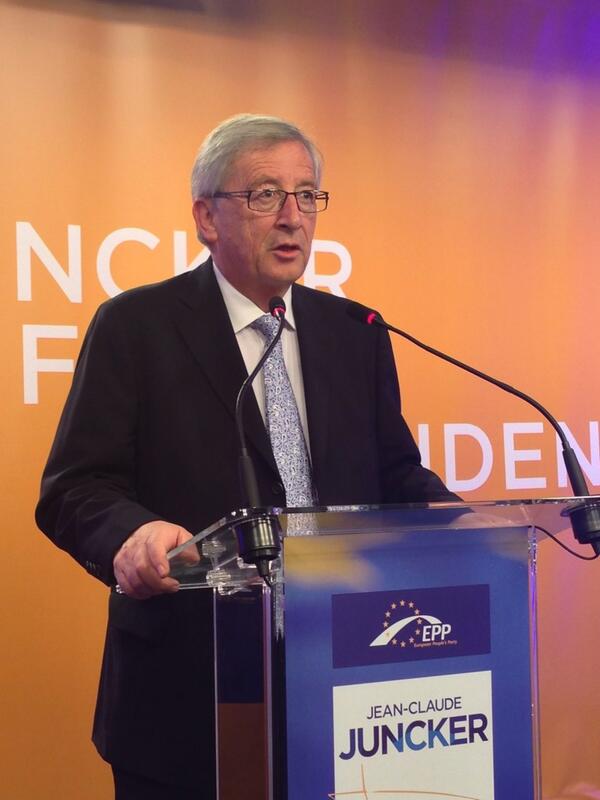 Photo credit to Susana Vera/Reuters.
Photo credit to Susana Vera/Reuters.
It’s not just the United States that struggles over competing beliefs about abortion. In Spain, pro-choice advocates won one of their biggest international victories of the decade when the country’s conservative government this week backed down on plans to implement a restrictive new abortion law. ![]()
Spanish justice minister Alberto Ruiz-Gallardón resigned Tuesday after prime minister Mariano Rajoy’s cabinet dropped plans for legislation that would heavily restrict abortion rights in the European Union’s fifth-most populous country. The law would have largely rolled back liberalizations enacted by the previous center-left government of prime minister José Luis Zapatero.
Though Rajoy and the Partido Popular (the PP, or the People’s Party) promised abortion reforms in the campaign that led to their election in December 2011, the legislation has been stalled by political opposition, not just from regional and leftist parties, but within corners of the People’s Party itself, including several prominent party leaders. They include the regional president of Galicia, Alberto Núñez Feijóo, who in January called on the national government to tone down the ambitions of its abortion bill, and the deputy speaker of the Congreso de los Diputados (Congress of Deputies), Celia Villalobos.
* * * * *
RELATED: New PSOE leader Sánchez faces uphill struggle to unite Spanish left
* * * * *
Nevertheless, Gallardón had increasingly staked his credibility as justice minister on the bill’s success, arguing earlier this year that the legislation would advance by the end of the summer. That didn’t happen and, on Friday, Rajoy’s cabinet refused to advance the bill.
Continue reading Ruiz-Gallardón resigns after Rajoy drops Spanish abortion bill



